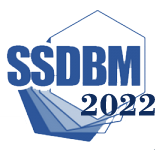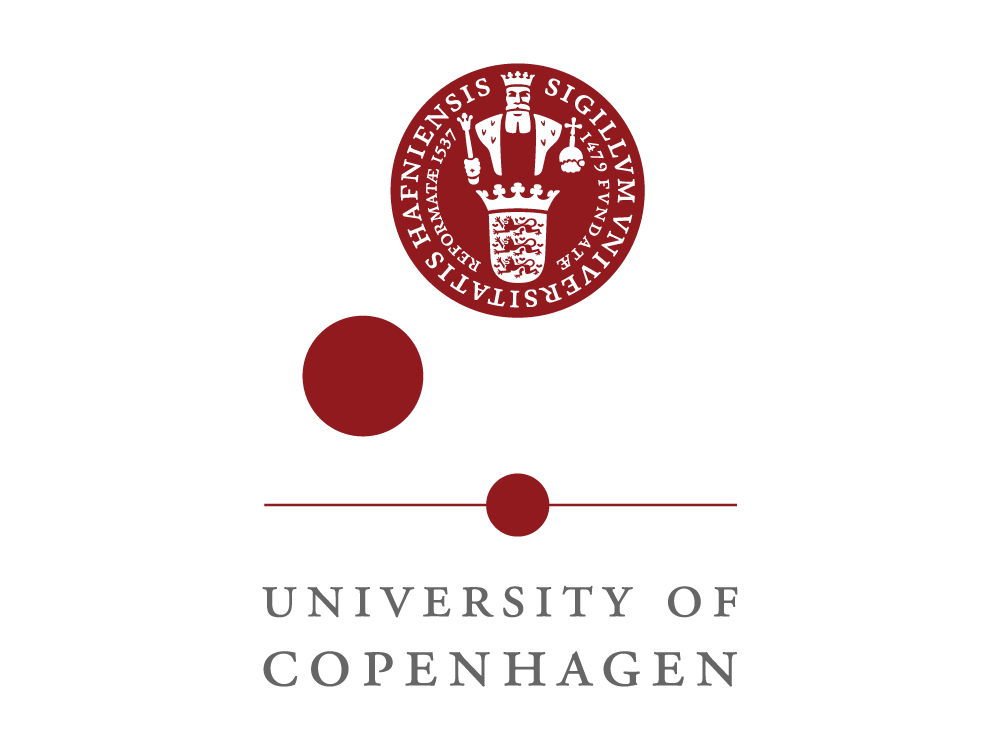
34th International Conference on Scientific and Statistical Database Management
July 6-8, 2022 — Copenhagen, Denmark
Important Dates
Submission Deadline (1st round): March 14, 2022 at 23:59 AoE (Anywhere on Earth) time
Submission Deadline (2nd round): April 20, 2022 at 23:59 AoE (Anywhere on Earth) time
Notification: May 16, 2022
Camera-Ready Deadline: June 6, 2022
Author Registration Deadline: June 10, 2022
Supporters
Call for Papers
Scope and Topics
The SSDBM international conference brings together scientific domain experts, database researchers, practitioners, and developers for the presentation and exchange of current research results on concepts, tools, and techniques for scientific and statistical database applications. The 34th SSDBM will provide a forum for original research contributions and practical system design, implementation and evaluation. The conference program typically consists of a single track to facilitate discussion, and contains presentations of invited talks, panel sessions, and demonstrations of research prototypes and industrial systems.
SSDBM 2022 will be hosted by the University of Copenhagen and will continue the tradition of past SSDBM meetings in providing a stimulating environment to encourage discussion, fellowship and exchange of ideas.
This year the focus is on climate changes and sustainability, with a special emphasis on technologies and systems to provide an efficient use of infrastructures, resources, and services in order to guarantee sustainable and inclusive growth, sustainable urban–rural transformation through decarbonization, confront climate risks, etc.
The Proceedings of SSDBM 2022 will be published by ACM ICPS and will be available in the ACM Digital Library. The best papers will be considered for publication in the Distributed and Parallel Databases (DAPD) – An International Journal of Data Science, Engineering, and Management, Springer, ISSN: 0926-8782.
Topics of particular interest include, but are not limited to, the following, as they relate to scientific and statistical data management:
- Database support of machine learning and AI
- Modeling of scientific data
- Indexing querying scientific data, spatial and temporal data
- Provenance data management
- Data integration
- Visualization and exploration of large datasets
- Spatial, temporal and spatio-temporal scientific data
- Geographical information retrieval
- Stream data representation and management
- Distributed systems and devices
- Stream data analysis, e.g., summarization, statistical analysis,pattern matching and discovery, learning, and prediction
- Design, implementation, optimization, and reproducibility of scientific workflows
- Security and privacy
- Cloud computing issues in large-scale data management
- Edge computing
- Graph analytics
- Information retrieval and text mining
- System architectures
- Case studies (e.g., astrophysics, climate, energy, sustainability, biomedicine)
- Internet of Things data analytics
- Smart city applications and services
Submission Guidelines
We solicit full papers (12 pages including references and appendices), short papers (4 pages including references and appendices), demo papers (4 pages). The full papers tend to be descriptions of complete technical work, while the short papers tend to be descriptions of interesting, innovative ideas, which nevertheless require more work to mature. The program committee may decide to accept some full papers as short papers. Full papers will be given a presentation slot in the conference, while short papers will be presented in the form of posters. All papers, regardless of size, will be given an entry in the conference proceedings.
All submissions should be formatted according to the ACM Master Article “sigconf” proceedings template. SSDBM 2022 is single-blind reviewed; authors must include their names and affiliations on the first page.
Please use the following URL link for submissions of papers: Easychair.
Research Papers (long and short)
Long papers are up to 12 pages (including references and appendices), and short papers are up to 4 pages (including references and appendices). The former should be descriptions of complete technical work, while the latter should describe interesting, innovative ideas, which nevertheless require more work to mature, or are vision papers. The program committee may decide to accept some long papers as short papers. All papers, regardless of size, will be given an entry in the conference proceedings.
Demo Papers
Demo papers are up to 4 pages (including references and appendices). Proposals should provide the motivation for the demonstrated concepts, the information about the technology and the system to be demonstrated (including a system description, functionality and figures when applicable), and should state the significance of the contribution. Selection criteria for the demonstration proposals evaluation include: the novelty, the technical advances and challenges, and the overall practical attractiveness of the demonstrated system. Demo papers will be given an entry in the conference proceedings.
